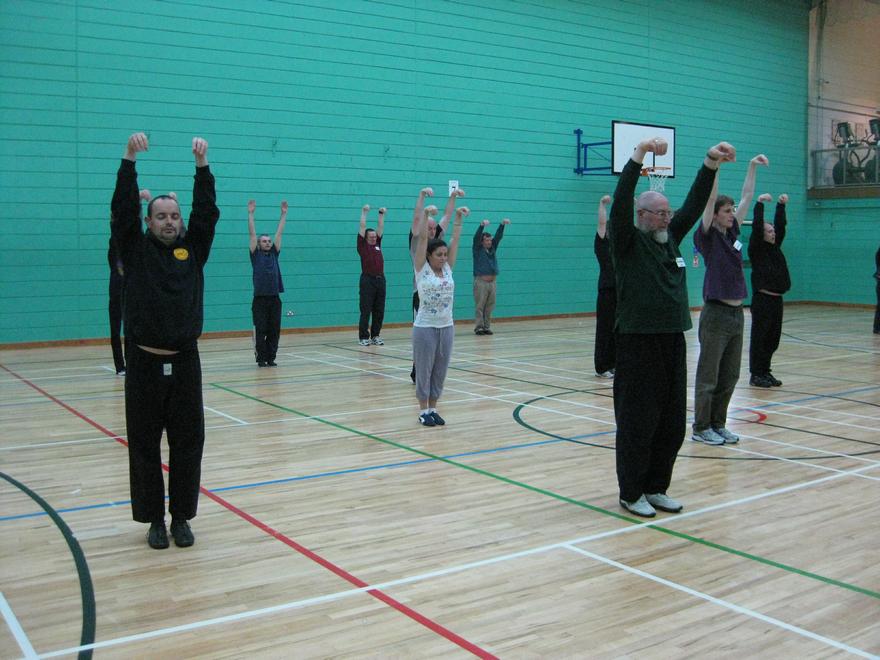WHAT SHOULD WE DO WHEN WE HAVE OVER-TRAINED?

This is a very powerful exercise and may lead to over-training
Question
Sigung, you have emphasized again and again that we must not over-train as over-training can bring much harm. How do we prevent over-training?
— Jan, Switzerland
Answer
The answers below are applicable to practitioners in our school. They may not be applicable to other practitioners.
Here are three progressive steps to prevent over-training.
- Don't enter too deeply into a chi kung state of mind. When you do not enter deeply into a chi kung state of mind, but still find yourself over-training, go to the second step.
- Don't enter into a chi kung state of mind. Just start your training straight-away. Even when you do not take time to enter into a chi kung state of mind, because you have been initiated, you will still perform your exercise in a chi kung state of mind. If you still find yourself over-training, go to the next step.
- Perform negative actions. As these are negative actions, do them only when necessary. Purposely tense your muscles, or purposely intellectualise. Do them slightly and only occasionally so that they can prevent you from over-training by reducing or stopping the tremendous internal force that you can generate. Have a gentle chi flow at the end of the training session to erase harmful effects from the tensing and intellectualising. If this step does not work for you, stop your training for a few days. Resume your training when you don't feel the unpleasant symptoms of over-training.
Question
What should we do when we have over-trained?
Answer
Firstly, you should reduce your training, even when you enjoy it. This can be done in two approaches, quantitatively and qualitatively. You can reduce the time of training or you can reduce the intensity.
If you train for an hour everyday, reduce it to half an hour. If it is still powerful, you can train every alternate day.
Secondly, perform your chi kung or kungfu in a shallower chi kung state of mind. If it is still powerful, perform your chi kung or kungfu at a physical level.
Spend more time outdoors with your family or friends. Go for outings, play games or go shopping or window-shopping.
Practicing kungfu sets or combat sequences will help to use the excess energy and help to reduce over-training. Practice dynamic kungfu, not quiescent kungfu that develops internal force.
The above is taken from Questions 3 and 4 August 2016 Part 2 of the Selection of Questions and Answers.
LINKS
Courses and Classes
